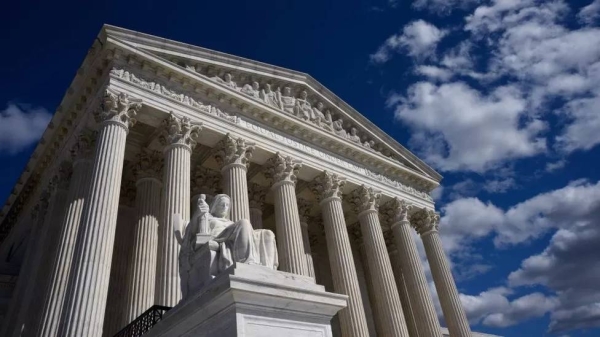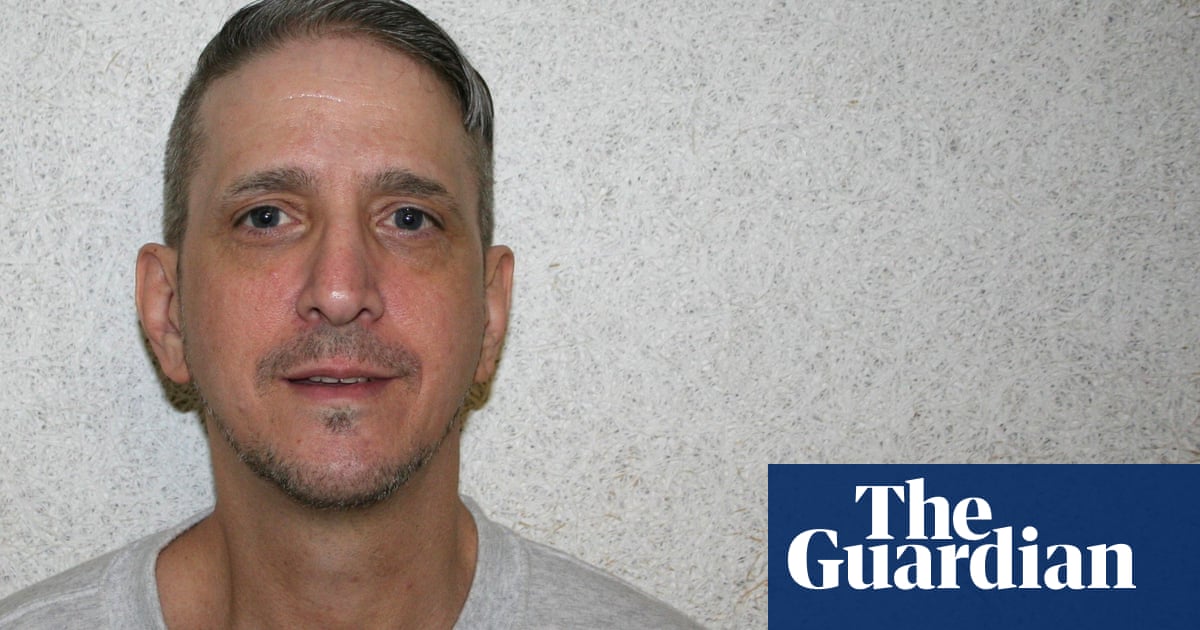
The Iranian Supreme Court ordered a retrial of a protester sentenced to death in early November, according to the judiciarys website, Mizan Online.
According to Agence France-Presse, Mahan Sedarat was among 11 people sentenced to death for events related to the protests that have been rocking the country for three months.
The demonstrations, described by the authorities as "riots," erupted over the death of a young Iranian Kurdish woman, Mahsa Amini, in prison on Sept. 16 after she was arrested for violating Iran’s strict dress code for women.
The death penalty was imposed on two 23-year-olds convicted of killing or wounding members of the security forces or paramilitary forces.
Sedarat was convicted of "moharebegh," or enmity against God, on November 3 after he drew a knife, inciting fear and insecurity around him, according to the state news agency, IRNA.
IRNA added that he denied the knife charge but admitted to setting a motorcycle on fire.
The execution was suspended last week, and the Mizan website reported Wednesday that based on new evidence in the case, the defendants request for a new trial was considered per the law and the case for a new trial. No further details were provided.
Mizan Online also said the death sentence of Hamid Ghare-Hasanlou was not final, reporting that "no definitive verdict has been issued yet, and the case is being investigated."
The reformist Etimad newspaper reported Wednesday that the death sentence against Ghare-Hasanlou has been canceled.
Amnesty International, which also reported that he was sentenced to death, revealed that Ghare-Hasanlou and his wife were heading to the funeral of a demonstrator when they were "caught up in chaos" of a fatal attack that claimed the life of a Basij member.
Meanwhile, European Union foreign policy chief Josep Borrell told Iranian Foreign Minister Hossein Amir-Abdollahian on Tuesday that Tehran should immediately halt its military support for Russia and repression of the demonstrators at home, reflecting diplomatic tensions with efforts to revive a nuclear deal at a standstill.
Amirabdollahian denounced Western support for the protests and the "illegal" sanctions against his country.
The EU and United States have imposed new sanctions on Iranian officials over Irans crackdown on the unrest ignited by the death of Amini.
The Iranian protests mark one of the boldest challenges to the ruling theocracy since the 1979 revolution. Iran accuses Western powers of fomenting the unrest, which security forces have met with deadly violence.
The Iranian Human Rights Activists News Agency (HRANA) reported that 502 protesters and 62 members of the security forces have been killed so far.
On Tuesday, the United Nations Human Rights Council appointed three independent Fact-Finding Mission members on the violent crackdown on protesters.
The resolution stated that the three women who will head the independent investigation into alleged human rights violations are: Shaheen Sardar Ali from Pakistan, Viviana Krsticevic from Argentina and Sara Hossain from Bangladesh.
The mission was requested to "establish the facts and circumstances surrounding the alleged violations and collect, consolidate and analyze evidence of such violations and preserve evidence, including in view of cooperation in any legal proceedings."
In November, the Human Rights Council launched an investigation into acts of violence committed by Iranian security forces.












